Director of Communications, University of Michigan Rogel Cancer
Fawcett leads a team of communicators who produce targeted, innovative communication for the Rogel Cancer Center’s research and clinical enterprises. Prior to Michigan Medicine, Fawcett was a reporter at the Detroit News and editor for a web-based community for people with disabilities.

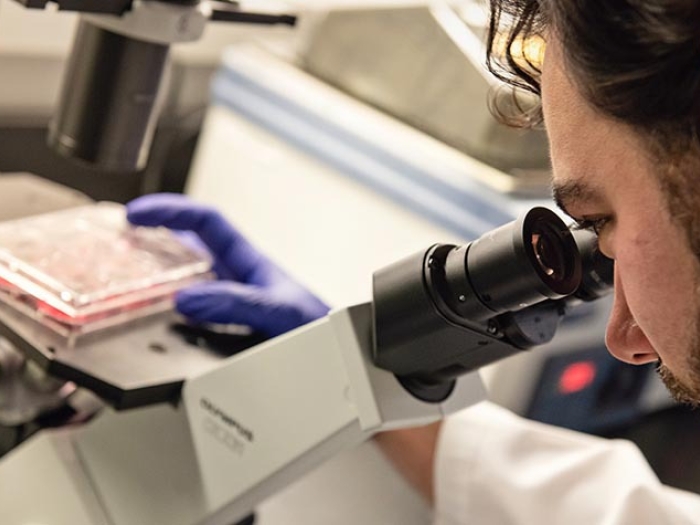
Health Lab
Clinical trials underway are testing whether drugs that target the androgen receptor – successful in controlling prostate cancer – could also work against the coronavirus.
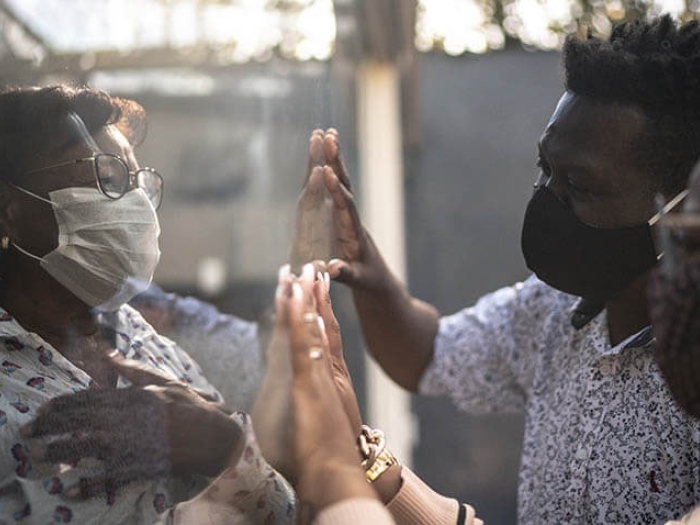
Health Lab
With a vaccine on the horizon, it’s more important than ever to protect those at risk of severe illness. Who do you protect?

Health Lab
New research suggests the thought of being a protector overrides desire for personal freedoms when it comes to COVID-safety messages.
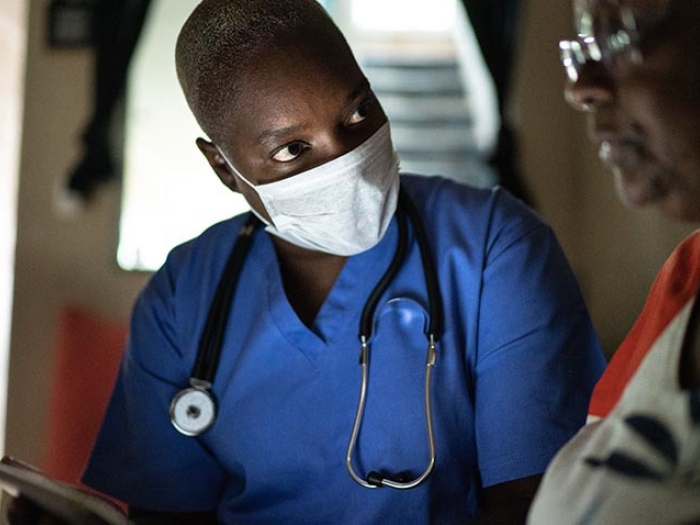
Health Lab
Implementing policies and strategies to eliminate racial disparities could improve outcomes for both diseases.
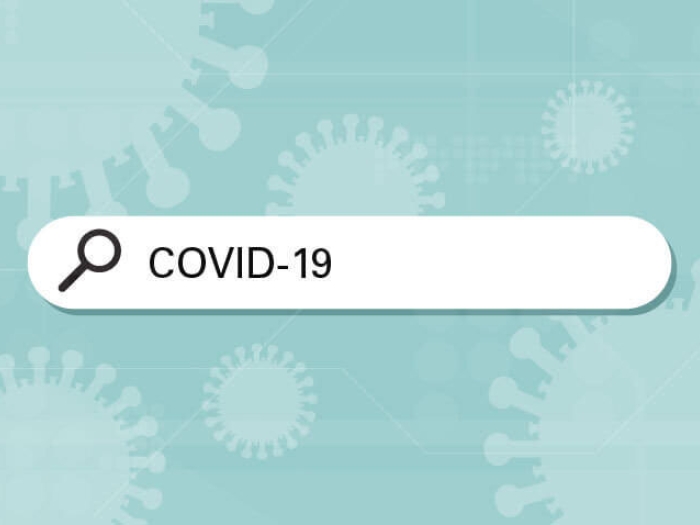
Health Lab
CDC guidelines, testing, community spread; finding trustworthy information online during the COVID-19 pandemic is vital. A new, free course is helping people find the facts they need about coronavirus.
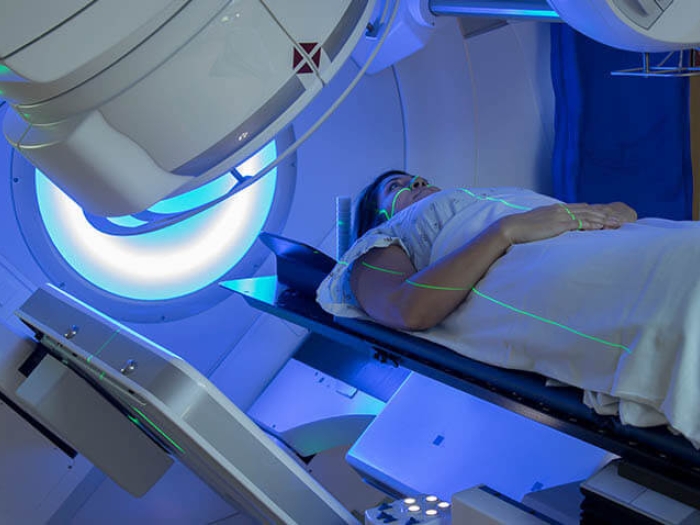
Health Lab
A new study finds that significant side effects were under-recognized in both younger patients and Black patients being treated for breast cancer.

Health Lab
A new tool uses expressive writing to help cancer patients, others cope with life challenges during the coronavirus pandemic.
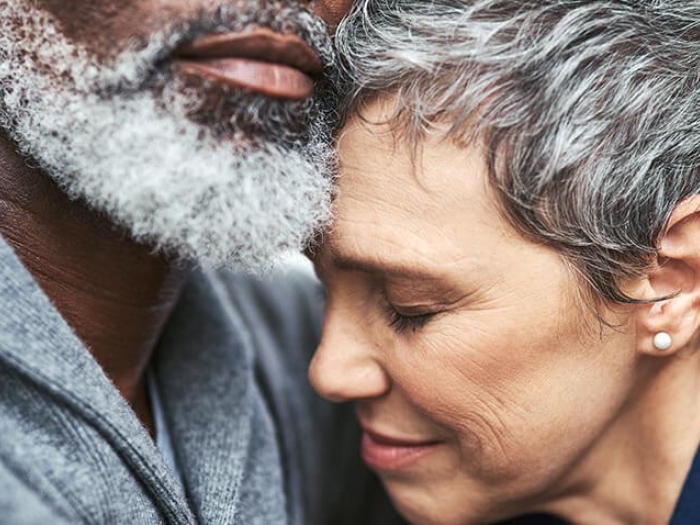
Health Lab
The disproportionate effect COVID-19 has had on Black Americans may worsen existing racial and ethnic disparities in cancer care, and make health equity harder to achieve.

Health Lab
A new study shows tumor cells eat up a key amino acid, depriving immune cells of it, which prevents them from fighting off cancer.
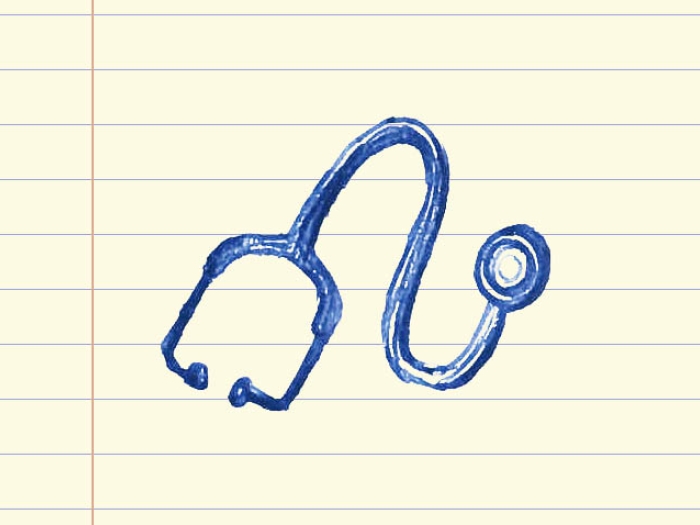
Health Lab
Women professors of medicine were significantly less likely than men to hold an endowed chair position, even when factoring in qualifications and experience.
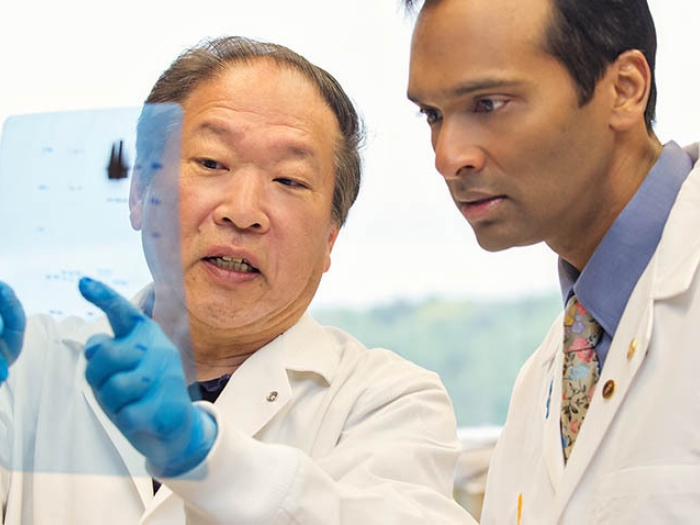
Health Lab
Is there a connection between COVID-19 and cancer? Researchers at Michigan Medicine looking to prostate cancer research in the fight against coronavirus.
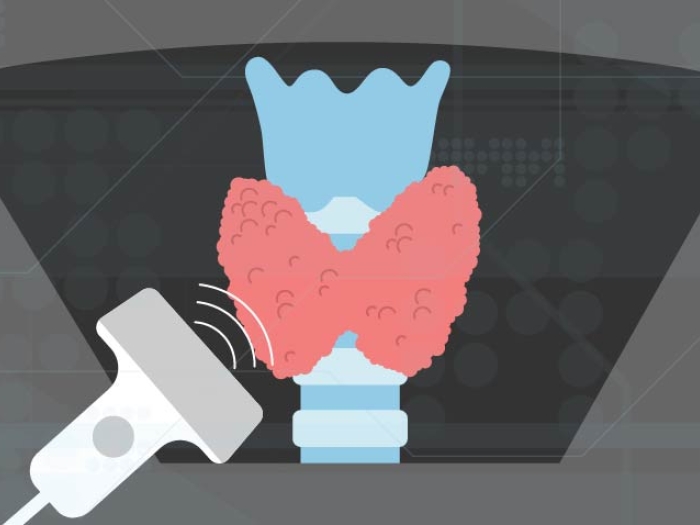
Health Lab
While most thyroid ultrasound orders are warranted, researchers say guidelines could be clearer to help reduce over diagnosis of thyroid cancer.
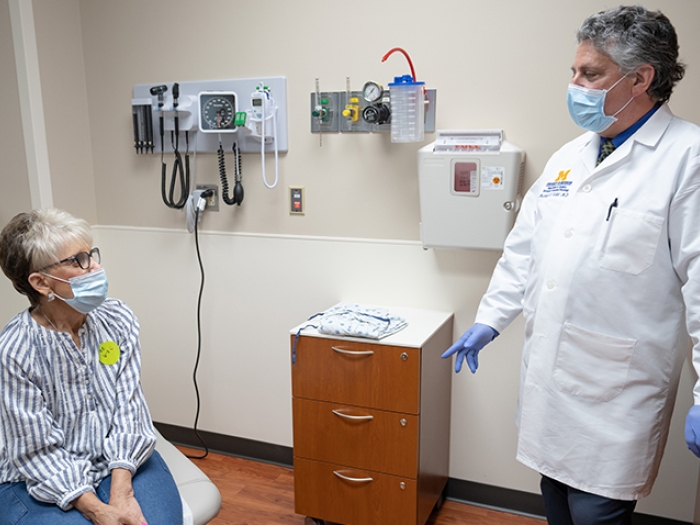
Health Lab
A Rogel Cancer Center team created a guide to help providers navigate difficult conversations due to the coronavirus.
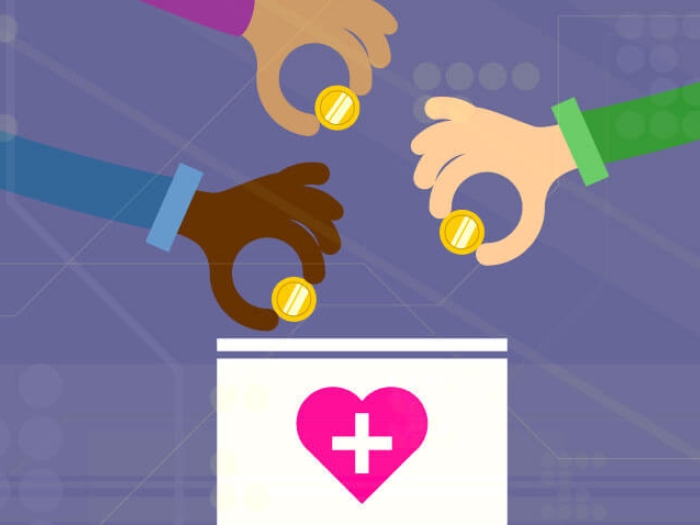
Health Lab
Hospital fundraising provides critical resources, but a new study looks to ensure it’s done effectively and ethically.

Health Lab
A new study finds fewer women publishing COVID-related papers, especially in early days of pandemic.